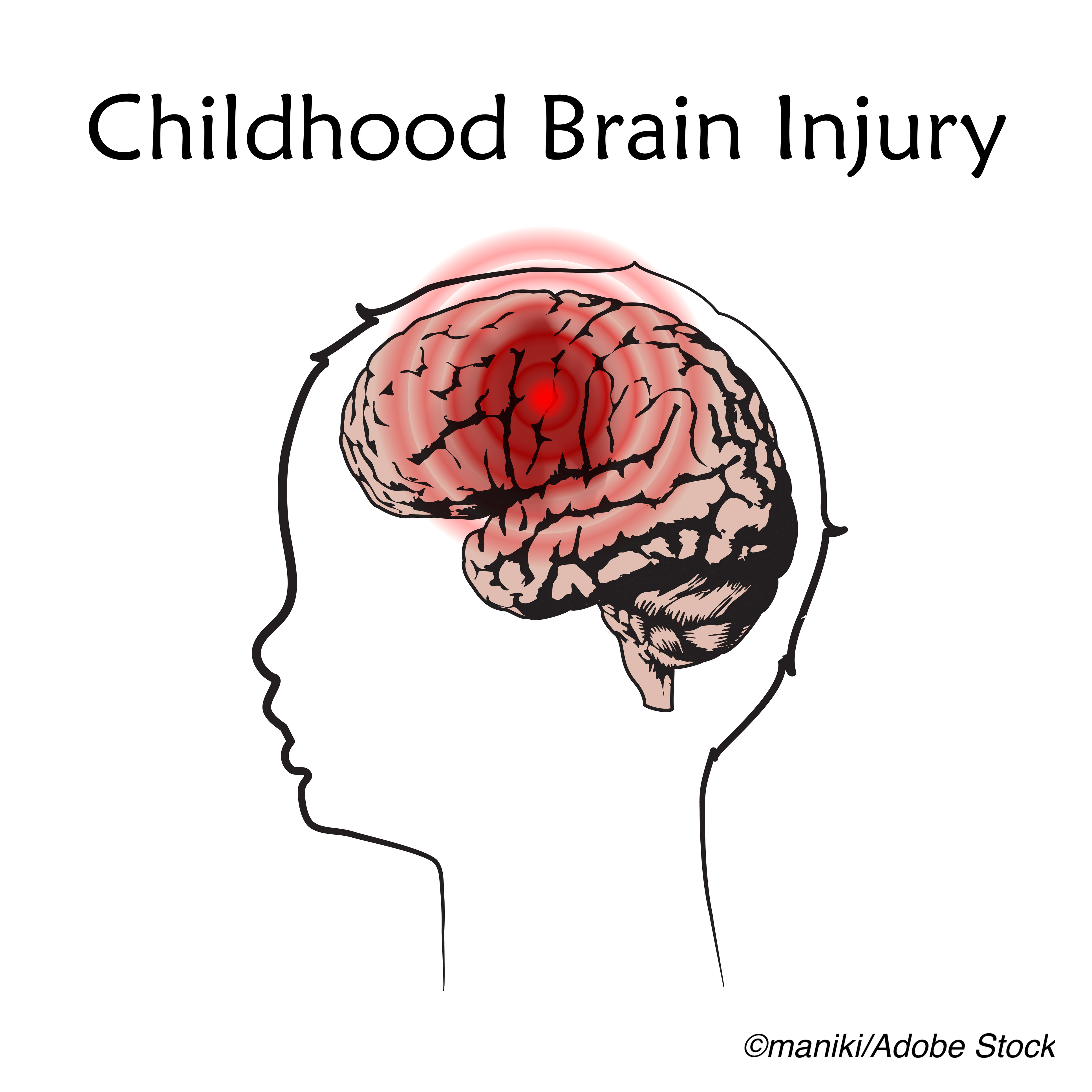Severe pediatric traumatic brain injury (TBI) was associated with a higher risk of post-injury attention deficit hyperactivity disorder (ADHD), a review and meta-analysis concluded.
In addition, the rate of pre-traumatic brain injury ADHD diagnoses among children who had TBI was significantly higher than the incidence of ADHD in the general pediatric population, reported Robert Asarnow, PhD, of the University of California, Los Angeles, and co-authors.
“This study noted a significant association between TBI severity and ADHD diagnosis,” Asarnow and colleagues wrote in JAMA Pediatrics. “In children with severe but not mild and moderate TBI, there was an association with an increase in risk for ADHD.”
“The high rate of pre-injury ADHD in children with TBI suggests that clinicians should carefully review functioning before a TBI before initiating treatment,” they added.
Odds for ADHD were increased for children after they experienced severe TBI, compared with:
- Children with other injuries: at 1 year or less, odds ratio (OR) 4.81, 95% credible interval (CrI) 1.66-11.03; at >1 year, OR 6.70, 95% CrI 2.02-16.82.
- Noninjured controls: at 1 year or less, OR 2.62, 95% CrI 0.76-6.64; at >1 year, OR 6.25, 95% CrI 2.06-15.06.
- Children with mild TBI: at 1 year or less, OR 5.69, 95% CrI 1.46-15.67; at >1 year, OR 6.65, 95% CrI 2.14-16.44.
In the TBI population overall, the rate of pre-TBI ADHD diagnoses was 16.0% (95% CrI 11.3%-21.7%), significantly greater than the incidence of ADHD in the general pediatric population (10.8%), though not higher than the other injury or non-injured control groups identified in the meta-analysis.
“When confronted with claims that a mild TBI causes persistent, severe ADHD symptoms, clinicians should carefully review how the child was functioning before the TBI before concluding that the child developed ADHD as a result of a TBI,” wrote Asarnow and co-authors. “There may be psychosocial and medical issues that antedated the TBI that need to be addressed to adequately treat a child’s ADHD symptoms.”
“The increase in rate of pre-injury ADHD compared with the population base rate is consistent with studies that reported an increase in risk for TBI in children with ADHD,” they added. “ADHD appears to be a risk factor for TBI.”
The study included controlled trials between 1981 and 2019 assessing ADHD diagnoses in children between ages 4 and 18 with TBI. Data for 12,374 TBI patients (62% male; 5,920 with severe TBI) and 43,491 controls (non-injury controls 61% male; other injury controls 66% male) were included. Data were classified as pre-injury, one year or less post-injury (T1), and more than one year post-injury (T2).
Of those with severe TBI, 35.5% (95% CrI, 20.6%-53.2%) had ADHD more than one year post-injury. There was no increase in risk for ADHD diagnosis following mild or moderate TBI compared with children without injury or with children who had other injury.
“These findings have important clinical implications, highlighting the need to assess for ADHD in children with TBI, especially those with severe injuries, but also to take a careful history to determine whether symptoms of ADHD predate the injury,” wrote Keith Owen Yeates, PhD, of the University of Calgary in Alberta, Canada, and co-authors, in an accompanying editorial.
“Secondary ADHD is by no means limited to pediatric TBI but is a common occurrence in other childhood disorders affecting the brain, including low birth weight, fetal alcohol spectrum disorder, epilepsy, and various inflammatory disorders,” they noted.
Contributors to pre-injury ADHD may be modifiable. Factors associated with behavior problems and poor attention after mild TBI included parental educational level and patient school performance in a 2013 study of 76 patients with mild TBI and 79 patients with other injury.
A 1998 study concluded that mild head injury did not increase new behavioral or academic problems in 119 children age 8-16. Other research, though, has suggested a link between TBI and impaired cognitive and behavioral function.
“The conflicting results may be due to variations between studies in two key moderator variables: TBI injury severity and the timing of assessment relative to the injury,” Asarnow and colleagues observed.
The present meta-analysis included 24 studies. TBI severity level included concussion as well as mild TBI. “Although concussion is usually regarded as a form of mild TBI, we distinguished between mild TBI and concussion because differences in injury mechanism and patient ascertainment between these two conditions might result in subtle differences in injury severity,” the researchers said.
“Despite the differences in the cause, children with moderate and severe TBI have similarities to children with primary ADHD in reduced white matter integrity and appear to show enhanced cognitive function in response to methylphenidate, as in children with primary ADHD,” they added.
There may be less of an association of severe TBI with ADHD at the earlier of two time points, Asarnow and colleagues noted.
“There are a limited number of longitudinal studies in our analysis,” they wrote. “The lack of association might reflect differences between the sample characteristics and diagnostic methods in the studies at T1 and T2 rather than true changes over time. Longitudinal studies with large representative samples are needed to evaluate the development of ADHD following TBI.”
-
Severe pediatric traumatic brain injury (TBI) was associated with a higher risk of post-injury attention deficit hyperactivity disorder (ADHD), a meta-analysis showed.
-
In addition, the rate of pre-traumatic brain injury ADHD diagnoses among children who had TBI was significantly higher than the incidence of ADHD in the general pediatric population.
Paul Smyth, MD, Contributing Writer, BreakingMED™
This research was supported by a gift from the Della Martin Foundation to Asarnow. Asarnow had no other disclosures.
Yeates reported holding or have held research grants from the National Institutes of Health, Canadian Institutes of Health Research, Brain Canada Foundation, and Alberta Health Services; receiving a stipend from the American Psychological Association for being editor of the journal Neuropsychology
Cat ID: 474 Topic ID: 82,474,474,475,136,138,192,146,53,925



